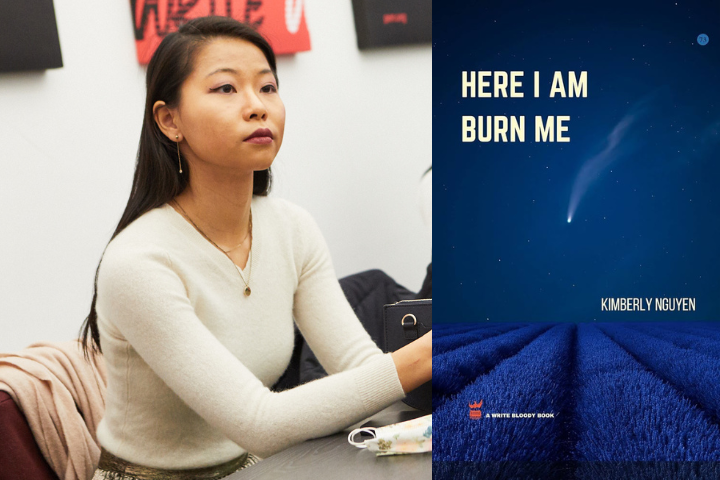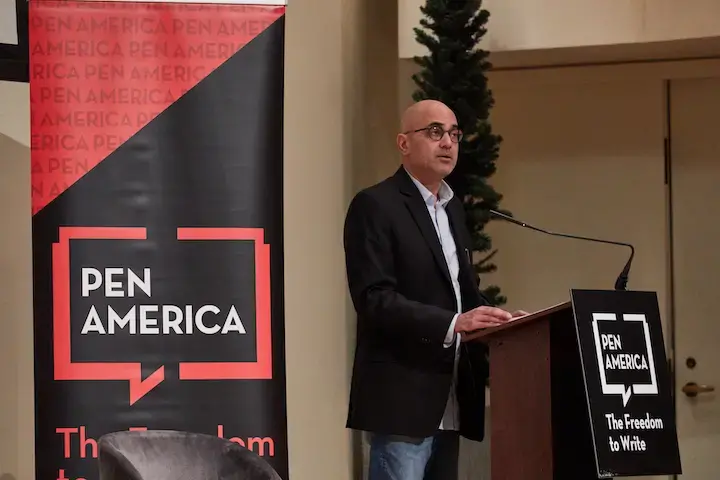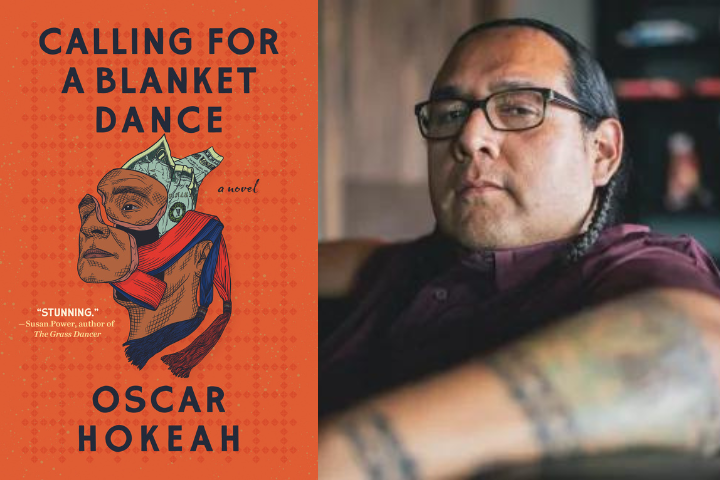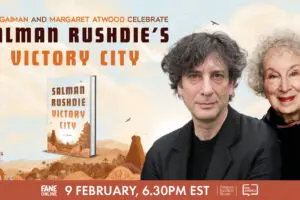Kimberly Nguyen on growing pains and how the Emerging Voices Program raised her standards

Kimberly Nguyen was a published poet when she applied to the PEN America Emerging Voices Fellowship, but still felt like her career “was a hot mess.” In conversation with former PEN America intern Ella Jones, Nguyen talks about how the fellowship gave her a boost and helped find community, even remotely.
What made you apply to the program?
At the time, I was looking for broader opportunities that were funded—fellowships and grants and things like that—so that was something I was actively looking for. Before then, I was kind of doing these one-off things where I would write on my own and submit to literary magazines. I was also kind of new to the literary magazine space, so I just felt like my career was a hot mess. I needed more guidance, and the fellowship seemed like a great way to get that without paying for an MFA program.
Despite the program functioning remotely, PEN created opportunities for the fellows to come together in person, one instance being PEN America’s Literary Awards. What was it like to come together with your cohort after the fellowship and attend the Awards?
When I was in grade school, I remember at the end of the year they would have an awards ceremony. And so you kind of get to see all of these people who are older than you get these awards, and you kind of have an idea: “Oh, that would be an award that I might want in the future,” or, “That may be an award that I could work toward in the future.” And I think being at the Literary Awards was a very similar experience. I was like, “Oh, this is something that’s a possibility for me in the future.”
What advantages to Emerging Voices becoming a remote program did you see as a fellow?
I think that, first of all, the cohort was bigger because they did it remotely and so, that gave me the opportunity to network with more writers than I might have been able to do had it not been remote. It was very flexible.
What was it like to work with your mentor, Paul Tran?
I love Paul. PEN didn’t know this at the time, but Paul and I actually met many, many years before. Paul taught a workshop at my college and apparently—says Paul—I wrote one of the best poems they’ve ever had in a workshop. So when my name came across their desk, they were like, “Could it be?” And it was me! It was nice already kind of having that preexisting relationship. They were really, really helpful and I’ve been able to reach out to them even after the fellowship.
What was Paul’s reaction when they found out you were publishing your most recent collection, Here I Am Burn Me?
They’ve never been anything but really supportive and—oh! Paul Venmoed me to buy myself champagne!
Have you stayed in touch with the other members of your 2021 cohort?
KB [Brookins] just texted me the other day! I feel like the poets have done a pretty good job of staying in touch. I feel like all of the other people, if I texted them, or reached out, they wouldn’t have an issue dropping everything and listening to me cry.
How did your writing style grow and change in your time as a fellow?
I feel like when I read all of the past stuff I’ve written, I’m like, “Wow, that was some trash. Why did you ever think that was good?” And even now, when I’m writing stuff—and I remember having this feeling when I completed the fellowship—I’ll be like, “Wow, everything that I keep writing is like, really, really bad. Have I lost my touch? Am I bad at writing?” And I don’t think it’s necessarily that I’m losing my touch or that I’m bad at writing, but I realized my expectations for what makes something good have gotten so much higher as a result of the fellowship and the things that I’ve learned. So, all these old tricks that used to work for me, or these old tricks that I used to use, just don’t do it for me anymore. And so, there’s a lot of growing pains; the fellowship gave me a lot of growing pains, because I did grow, and that’s a consequence of growing–you outgrow yourself, you outgrow your writing style, you outgrow your artistic whatever. But it also made me more comfortable with that discomfort.
On understanding intergenerational trauma through the lens of non-linear time in the collection Here I Am Burn Me:
I conceptualize trauma as a nail that snags the fabric of time, and the future just continues to wrap around this. Part of healing and going to therapy is taking that timeline and unraveling it from around the trauma, and removing the nail…My collection is kind of this idea that perhaps that’s my role; I’m unraveling the trauma from the past.
What differentiates Here I Am Burn Me from your previous collection?
I get into these periods of obsession, and for the previous collection, my obsession was etymology. I was really obsessed with Vietnamese etymology because there are specific words that we have no idea where they came–our Chinese colonization, French colonization, or American colonization. All the colonizations happened one after the other, so it’s difficult to trace them back, especially since, for example, some words in English come from French. So, I was really interested in the idea that pain and trauma can actually be embedded in the language itself.





